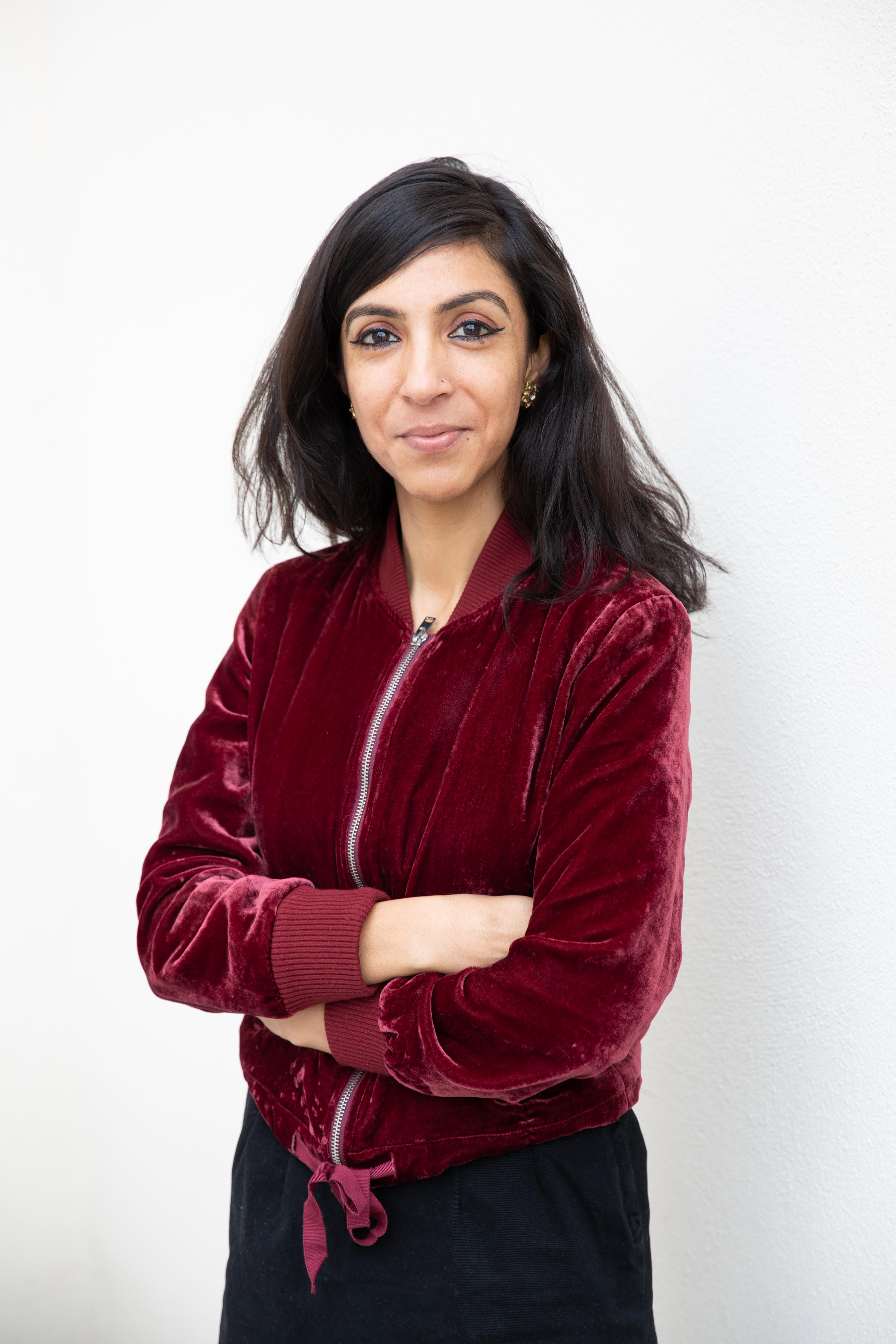Adrian Leftwich memorial lecture

Wednesday 6 October 2021, 3.00PM to 4:30 PM
Speaker(s): Professor Prerna Singh, Mahatma Gandhi Associate Professor of Political Science and International Studies
Convener: Dr. Indrajit Roy, Senior Lecturer- Global Development Politics, University of York
The Moral Foundations of Development
The furthering of human development – of ensuring better access to quality public services, of reducing poverty and improving education and health outcomes, including through protection from infectious diseases – is both the subject of a rich political economy scholarship, as also an abiding concern for policymakers. Dominant approaches to addressing social development across scholarly and policy domains, however, share a rootedness in characterizations of humans as strategic, rational actors.
Prerna Singh is Mahatma Gandhi Associate Professor of Political Science and International Studies, with appointments in the School of Public Health and the Department of Sociology at Brown University. Singh has published numerous award-winning books and articles on human development, public health, ethnicity and nationalism. Her first book, How Solidarity Works for Welfare was awarded best book prizes from both the American Political Science and the American Sociological Associations. Singh has been awarded fellowships by the Center for Advanced Study of Behavioral Sciences at Stanford University, the Social Science Research Council, the Andrew Carnegie Foundation, the American Academy of Berlin, the Harvard Academy for International and Area Studies, and the American Institute of Indian Studies. Singh has shared her research with scholarly, policy and popular audiences in over a hundred lectures, including keynote addresses, delivered across twenty different countries. Singh serves on various editorial boards, the academic advisory board of the Harvard-Yenching Institute, the steering committee of the Center for Contemporary South Asia at Brown, is a fellow of the Canadian Institute for Advanced Research and co-convenes the Brown-Harvard-MIT Joint Seminar in South Asian Politics. In 2021-22 Singh will serve as President of the Comparative Politics section of the American Political Science Association. She is presently working on two book projects. The first develops a moral theory of popular compliance with public health interventions, such as vaccination, through a comparison of China and India from the turn of the nineteenth into the twentieth century. The second book project explores the potential construction and consequences of inclusive nationalism.
Adrian Leftwich was a student leader active in the early 1960s in the anti-apartheid struggle. He came to Britain, where he was a prominent academic in the Department of Politics at the University of York.
Location: Zoom online event
Admission: Register at Eventbrite for your free ticket
